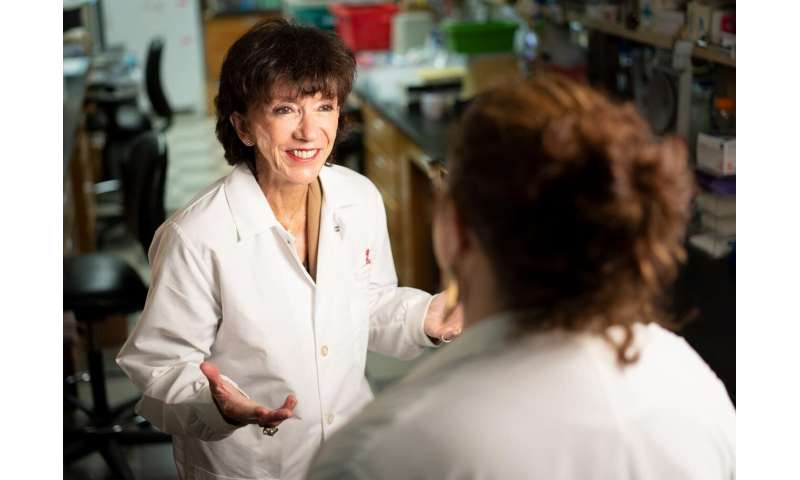
Scientists at St. Jude Children’s Research Hospital have created orthotopic patient-derived xenograft (O-PDX) models representing a variety of pediatric brain tumor types. The models are molecularly characterized and available through a cloud-based data portal. Acta Neuropathologica recently published a report detailing these models.
Brain tumors are the most common solid tumors affecting children. O-PDXs are research models that are created with the consent of patients and parents by implanting cancerous cells orthotopically, or in the same tissue, in immune-compromised mice. These models have recently emerged as a useful way to test new therapies because they remain faithful to the biology of the original tumors from which they derive.
“We started out by researching medulloblastoma and needing a good model that we could use to screen for novel therapies,” said corresponding and co-senior author Martine Roussel, Ph.D., St. Jude Tumor Cell Biology. “Our current database of models is the result of many years of work by our lab as well as with many collaborators in surgery, oncology, pathology and computational biology.”
St. Jude researchers have created 37 O-PDX models generated from samples of pediatric medulloblastoma, ependymoma, atypical teratoid rhabdoid tumor and embryonal tumors donated by patient families. Scientists have thoroughly characterized these models using a combination of histopathology, whole-genome and whole-exome sequencing, RNA-sequencing and DNA methylation analysis. The O-PDXs provide a novel modeling strategy based upon individual genomes.
“To effectively treat childhood brain tumors, we need to have additional treatment strategies in our toolkit,” said author Frederick Boop, M.D., St. Jude Pediatric Neurosurgery Division chief. “It takes many different scientific and medical specialties working together to create these types of models and conduct essential preclinical research that paves the way for new clinical trials.”
At St. Jude, work done in some of these models provided support to launch three clinical trials for pediatric brain tumors (SJMB12, SJDAWN and SJELIOT).
Source: Read Full Article